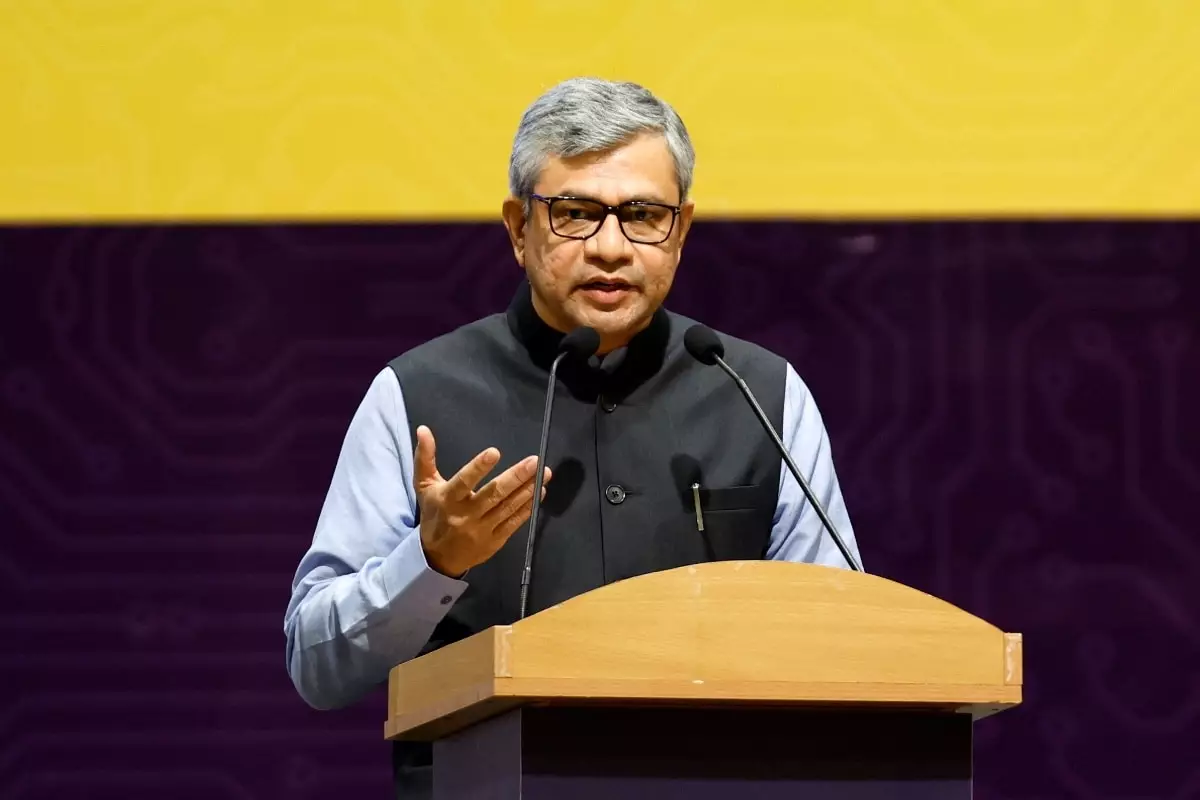The recently passed Telecommunications Bill 2023 in India has raised concerns about the regulation of over-the-top (OTT) apps or services. Telecom Minister Ashwini Vaishnaw has clarified that the new bill does not cover OTT apps, such as WhatsApp and Signal. Despite apprehensions of increased government scrutiny and interference, the minister stated that OTT apps are currently regulated under the Information Technology Act, 2000, overseen by the Ministry of Electronics and Information Technology (MeitY).
With the passing of the Telecommunications Bill 2023, the Telecom Regulatory Authority of India (TRAI) has seen a reduction in its powers. The government now possesses significant authority, including the ability to take over telecom services in the interest of national security. While this has raised concerns about potential interference, it is important to note that the bill does not extend to OTT apps.
The minister highlighted that OTT apps currently fall under the purview of the Information Technology Act, 2000, which will continue to regulate these services. This clarification alleviates concerns that the new telecommunications bill would subject OTT communication apps to increased scrutiny and government control. The Ministry of Electronics and Information Technology will retain its oversight of OTT apps, ensuring continuity in regulation.
In response to the telecom bill, Meta (formerly Facebook) reportedly expressed concerns in an internal email from Shivnath Thukral, Director and Head of India Public Policy at Meta. However, the revised version of the telecommunications bill passed by Parliament does not specifically mention OTT or OTT platforms. It does, however, include references to terms such as “telecommunication services,” “messages,” and “telecommunications identifier,” which could potentially apply to OTT platforms.
Following its passage in the Rajya Sabha through a voice vote, the telecommunications bill is currently awaiting the President’s assent before it can become law. Once enacted, it will replace three older laws: the Indian Telegraph Act of 1885, the Wireless Telegraphy Act of 1933, and the Telegraph Wires (Unlawful Possession) Act of 1950. Despite its comprehensive scope, the bill does not extend to regulating OTT platforms.
The recently passed Telecommunications Bill 2023 in India has sparked concerns over the inclusion of OTT apps within its regulatory framework. However, Telecom Minister Ashwini Vaishnaw has clarified that the bill does not cover OTT apps, which are regulated under the existing Information Technology Act, 2000. Although the new bill grants unprecedented powers to the government in terms of telecom regulation, OTT apps remain under the jurisdiction of the Ministry of Electronics and Information Technology. As the bill awaits the President’s assent, it is crucial to differentiate between its broader provisions and the specific exclusion of OTT platforms.


Leave a Reply